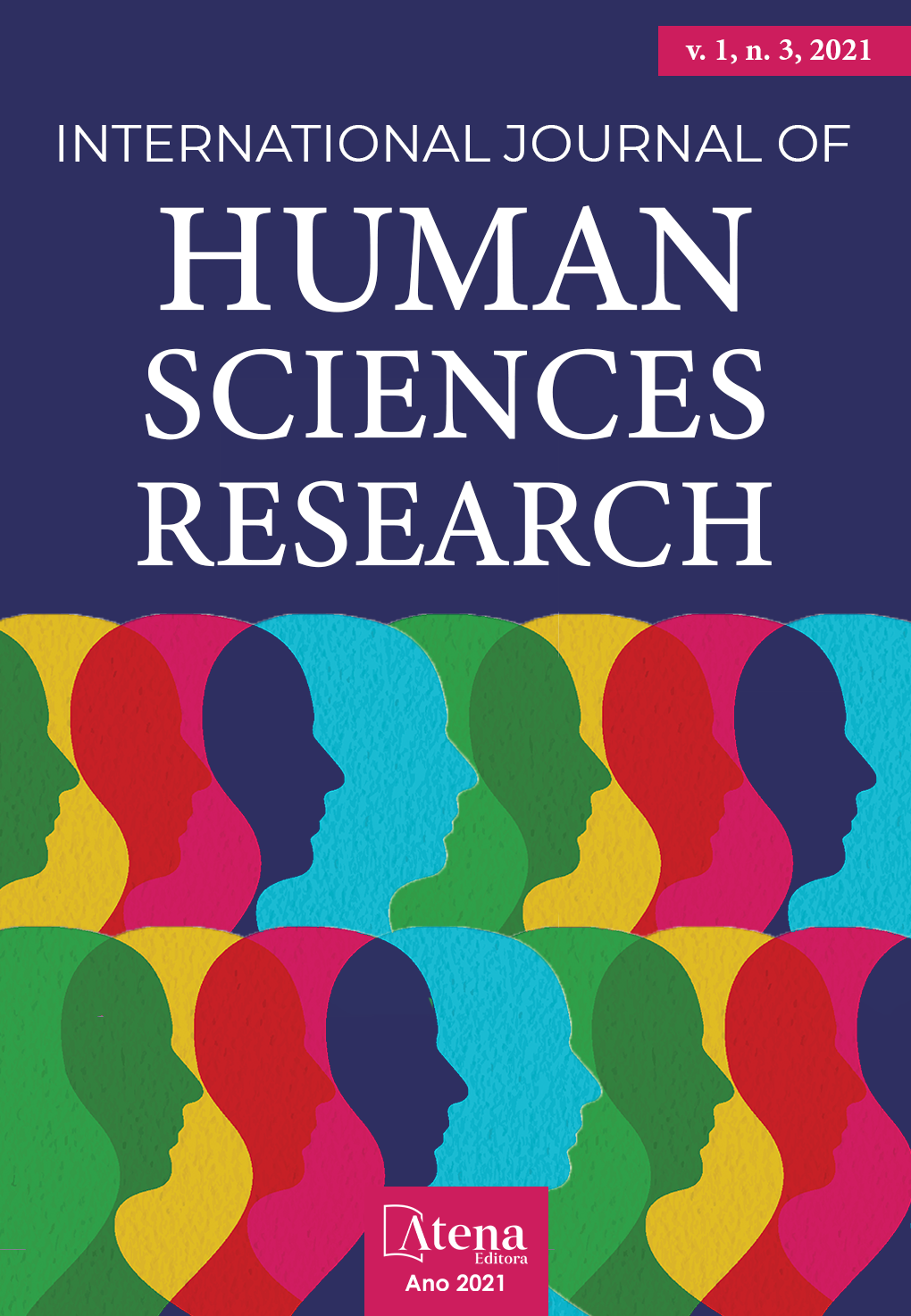
SPECIFIC AND DIFFERENTIATED INDIGENOUS HIGHER EDUCATION IN BRAZIL: THE FOUNDATIONS FOR IMPLEMENTATION AND INITIAL RESULTS
Emphasizes the initial phase of the Indigenous Higher Education (ESI) at the State University of Mato Grosso (UNEMAT) serving indigenous claims. The data are bibliographies, institutional documents and memory of actors and witnesses to the events. The ESI in Brazil was nonspecific. The 1999 census indicated almost half a million Indians (350-500 thousand), about two hundred people (≥219 ) and spoken languages (> 180 ).There were many students (93037) in 1392 schools, and ¾ native teachers (65% men) and a few with higher education (1.6 %). Laws and the Indians pressed the state to offer ESI. A UNEMAT pioneered in Brazil to implement a specific, differentiated, intercultural and bilingual program of ESI. The proposal began to be written by a committee in 1997. The project was presented to UNEMAT and assumed in 23sep1999 and deployed rapidly (< 2years), through partnership with the Federal (Brazil), state (Mato Grosso-MT) and municipal (Barra do Bugres-BB) governments and cooperation of professors from various universities. In 09Jul2001 there was the inaugural class in Campus BB-UNEMAT, to 3 Specific and differentiated BSc courses to Training Indigenous Teachers in Mathematics and Natural Sciences, Social Science, Languages Art and Literature. The first group benefited 180 MT-indigenous and 20 other states, contemplating 37 ethnicities. Of these, 186 Graduated (93%) Licensees on 06jun2006.
SPECIFIC AND DIFFERENTIATED INDIGENOUS HIGHER EDUCATION IN BRAZIL: THE FOUNDATIONS FOR IMPLEMENTATION AND INITIAL RESULTS
-
DOI: 10.22533/at.ed.5582110113
-
Palavras-chave: Specific and Differentiated Project, Indigenous Teacher Training, UNEMAT, Mato Grosso
-
Keywords: Specific and Differentiated Project, Indigenous Teacher Training, UNEMAT, Mato Grosso.
-
Abstract:
Emphasizes the initial phase of the Indigenous Higher Education (ESI) at the State University of Mato Grosso (UNEMAT) serving indigenous claims. The data are bibliographies, institutional documents and memory of actors and witnesses to the events. The ESI in Brazil was nonspecific. The 1999 census indicated almost half a million Indians (350-500 thousand) , about two hundred people (≥219 ) and spoken languages (> 180 ) .There were many students (93037) in 1392 schools, and ¾ native teachers (65% men) and a few with higher education (1.6 %) . Laws and the Indians pressed the state to offer ESI. A UNEMAT pioneered in Brazil to implement a specific, differentiated, intercultural and bilingual program of ESI. The proposal began to be written by a committee in 1997. The project was presented to UNEMAT and assumed in 23sep1999 and deployed rapidly (< 2years), through partnership with the Federal (Brazil), state (Mato Grosso-MT) and municipal (Barra do Bugres-BB) governments and cooperation of professors from various universities. In 09Jul2001 there was the inaugural class in Campus BB-UNEMAT, to 3 Specific and differentiated BSc courses to Training Indigenous Teachers in Mathematics and Natural Sciences, Social Science, Languages Art and Literature. The first group benefited 180 MT-indigenous and 20 other states, contemplating 37 ethnicities. Of these, 186 Graduated (93%) Licensees on 06jun2006.
-
Número de páginas: 29
- Arno Rieder


